White Guinea Corn
$25.14 – $248.52
$20.95 – $207.09
White guinea corn is commonly used in the preparation of porridges, traditional beverages, baked goods, and even as a substitute for other grains in certain recipes. It is valued for its nutritional content, including fiber, protein, vitamins, and minerals, and plays a significant role in the diets and cultural traditions of many African communities.
Guarantee Safe Checkout![]()
Description
Description
White guinea corn is commonly used in the preparation of porridges, traditional beverages, baked goods, and even as a substitute for other grains in certain recipes. It is valued for its nutritional content, including fiber, protein, vitamins, and minerals, and plays a significant role in the diets and cultural traditions of many African communities.
Additional information
Additional information
| Weight | 0.5 kg |
|---|---|
| Weight | 5Kg (11.025lbs), 10Kg (22.05lbs), 25Kg (55.125lbs), 50Kg (110.25lbs) |
Reviews (0)
Quick Comparison
| Settings | White Guinea Corn remove | Red Guinea Corn remove | Local Parboiled Rice remove | Brown Groundnuts remove | White Garri remove | Ijebu Garri remove | ||||||||||||||||||||||||
|---|---|---|---|---|---|---|---|---|---|---|---|---|---|---|---|---|---|---|---|---|---|---|---|---|---|---|---|---|---|---|
| Name | White Guinea Corn remove | Red Guinea Corn remove | Local Parboiled Rice remove | Brown Groundnuts remove | White Garri remove | Ijebu Garri remove | ||||||||||||||||||||||||
| Image | 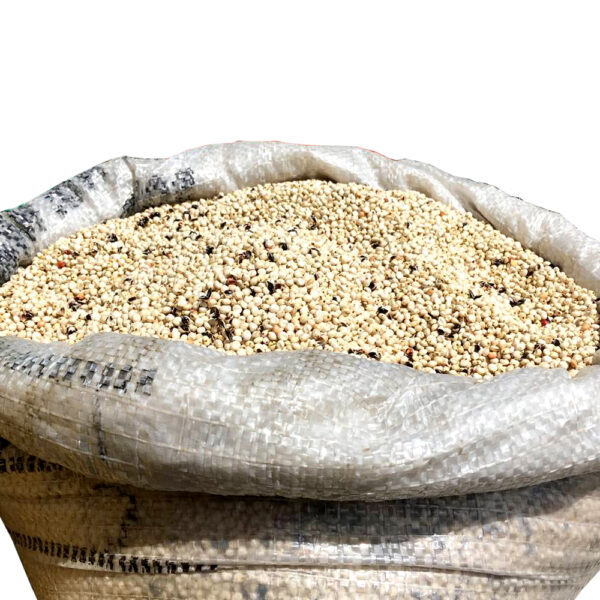 | 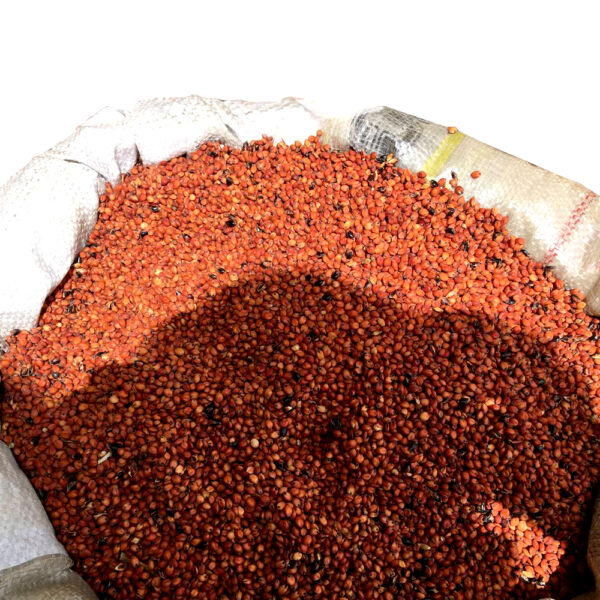 | 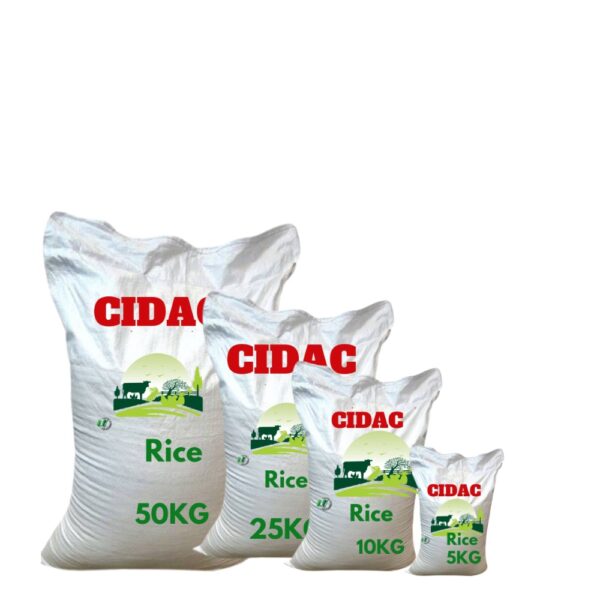 | 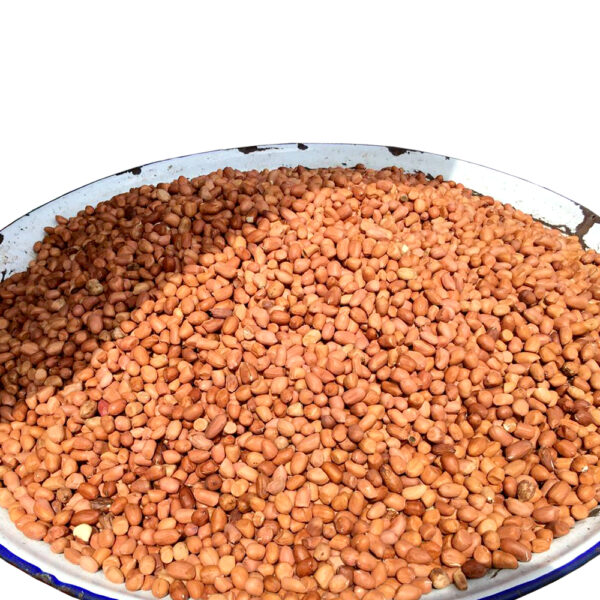 | 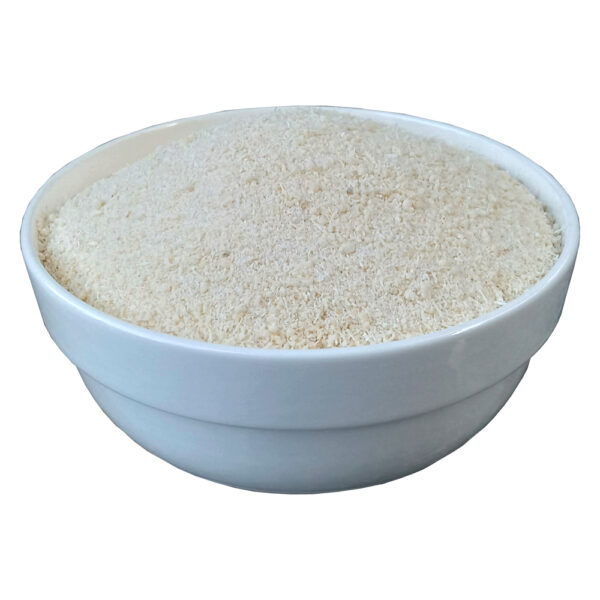 | 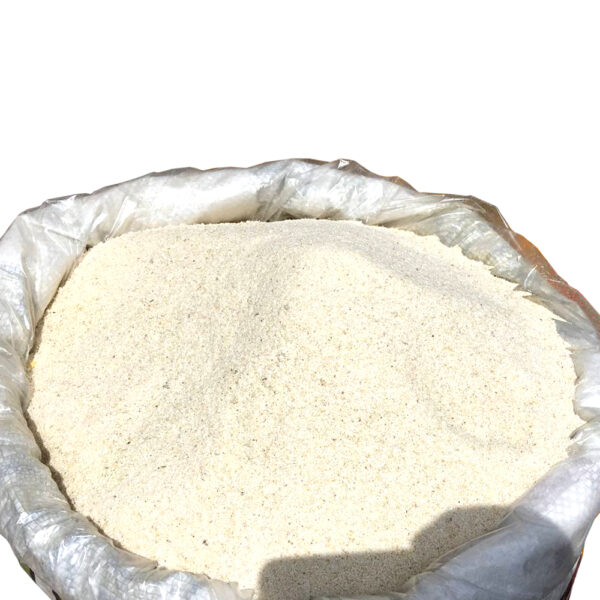 | ||||||||||||||||||||||||
| SKU | ||||||||||||||||||||||||||||||
| Rating | ||||||||||||||||||||||||||||||
| Price | $20.95 – $207.09 | $20.95 – $207.09 | $23.22 – $229.75 | $24.87 – $246.30 | $21.57 – $213.32 | $20.60 – $203.60 | ||||||||||||||||||||||||
| Stock | ||||||||||||||||||||||||||||||
| Availability | ||||||||||||||||||||||||||||||
| Add to cart | ||||||||||||||||||||||||||||||
| Description | White guinea corn is commonly used in the preparation of porridges, traditional beverages, baked goods, and even as a substitute for other grains in certain recipes. It is valued for its nutritional content, including fiber, protein, vitamins, and minerals, and plays a significant role in the diets and cultural traditions of many African communities. | Red guinea corn, also known as red sorghum, is a cereal grain. Red guinea corn is used in a variety of culinary applications, including porridges, bread, and traditional alcoholic beverages like "pito" or "burukutu." It is known for its nutritional value, being a good source of fiber, antioxidants, and minerals, and it plays a significant role in the diets and cultural traditions of many African communities. | Native Rice is various indigenous rice varieties cultivated in different regions of Nigeria. Nigeria's local rice is known for its distinct flavor, texture, and cultural significance, as it is considered a staple food in many Nigerian households and is commonly used in traditional dishes. | Groundnut, commonly known as peanut, our groundnut is fresh from the farm. Its a popular snack and ingredient in various culinary preparations, prized for its rich, nutty flavor and high nutritional value, including being a good source of protein, healthy fats, vitamins, and minerals. | White Gari a variant of Gari, a popular in Nigeria food made from cassava root. It is characterized by its light, creamy color and fine granular texture. White Gari is obtained by peeling, grating, fermenting, and then roasting cassava, resulting in a versatile product that can be enjoyed as a staple food or used as an ingredient in various dishes. It is often consumed by soaking it in water or adding it to hot water to make a dough-like consistency- Eba/Gari, which can be eaten as a main dish or as a side accompaniment. | Ijebu Gari is a type of cassava-based food product originating from the Ijebu region of Nigeria. It is made from grated and fermented cassava that is then sieved, dried, and roasted to produce coarse granules. Ijebu Gari is known for its distinctive sour taste, which is a result of the fermentation process, and it is commonly consumed as a snack or used as an ingredient in various Nigerian dishes, such as Eba, a staple fufu-like meal. | ||||||||||||||||||||||||
| Content | White guinea corn is commonly used in the preparation of porridges, traditional beverages, baked goods, and even as a substitute for other grains in certain recipes. It is valued for its nutritional content, including fiber, protein, vitamins, and minerals, and plays a significant role in the diets and cultural traditions of many African communities. | Red guinea corn, also known as red sorghum, is a cereal grain. Red guinea corn is used in a variety of culinary applications, including porridges, bread, and traditional alcoholic beverages like "pito" or "burukutu." It is known for its nutritional value, being a good source of fiber, antioxidants, and minerals, and it plays a significant role in the diets and cultural traditions of many African communities. | Native Rice is various indigenous rice varieties cultivated in different regions of Nigeria. Nigeria's local rice is known for its distinct flavor, texture, and cultural significance, as it is considered a staple food in many Nigerian households and is commonly used in traditional dishes. | Groundnut, commonly known as peanut, our groundnut is fresh from the farm. Its a popular snack and ingredient in various culinary preparations, prized for its rich, nutty flavor and high nutritional value, including being a good source of protein, healthy fats, vitamins, and minerals. | White Gari a variant of Gari, a popular in Nigeria food made from cassava root. It is characterized by its light, creamy color and fine granular texture. White Gari is obtained by peeling, grating, fermenting, and then roasting cassava, resulting in a versatile product that can be enjoyed as a staple food or used as an ingredient in various dishes. It is often consumed by soaking it in water or adding it to hot water to make a dough-like consistency- Eba/Gari, which can be eaten as a main dish or as a side accompaniment. | Ijebu Gari is a type of cassava-based food product originating from the Ijebu region of Nigeria. It is made from grated and fermented cassava that is then sieved, dried, and roasted to produce coarse granules. Ijebu Gari is known for its distinctive sour taste, which is a result of the fermentation process, and it is commonly consumed as a snack or used as an ingredient in various Nigerian dishes, such as Eba, a staple fufu-like meal. | ||||||||||||||||||||||||
| Weight | 0.5 kg | 0.5 kg | 0.5 kg | 0.5 kg | 0.5 kg | 0.5 kg | ||||||||||||||||||||||||
| Dimensions | N/A | N/A | N/A | N/A | N/A | N/A | ||||||||||||||||||||||||
| Additional information |
|
|
|
|
|
|


Reviews
There are no reviews yet.